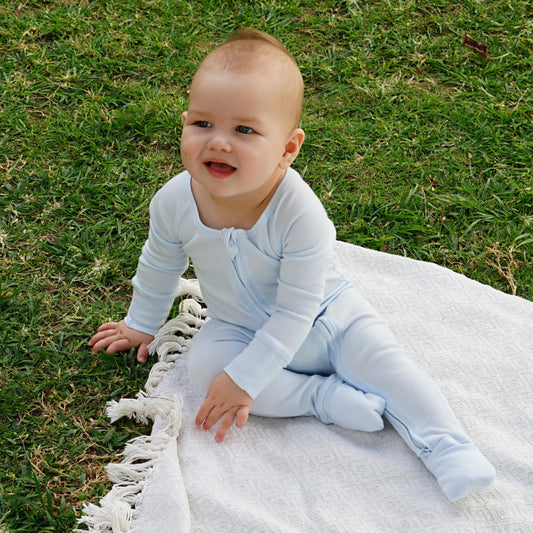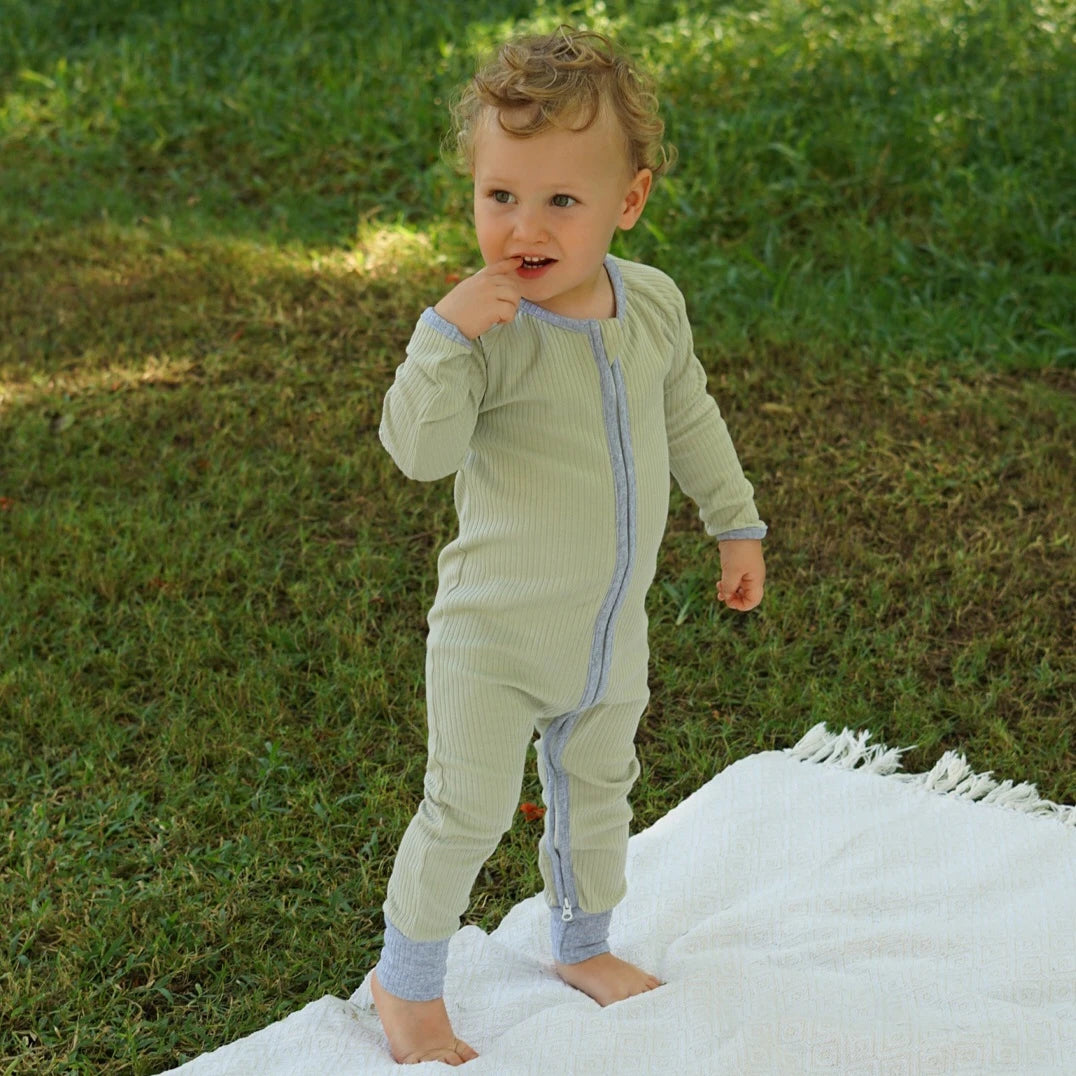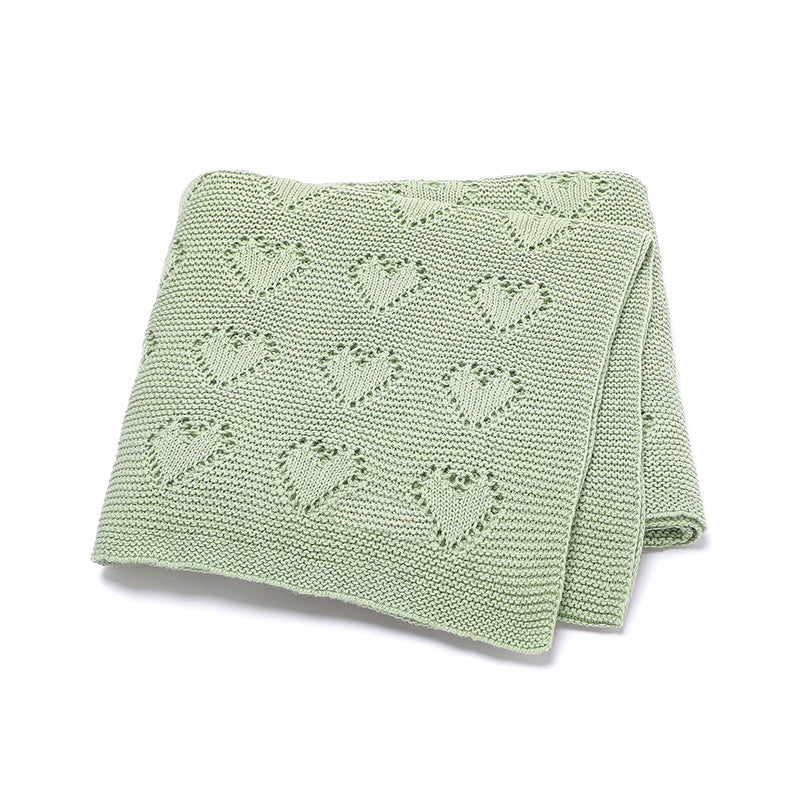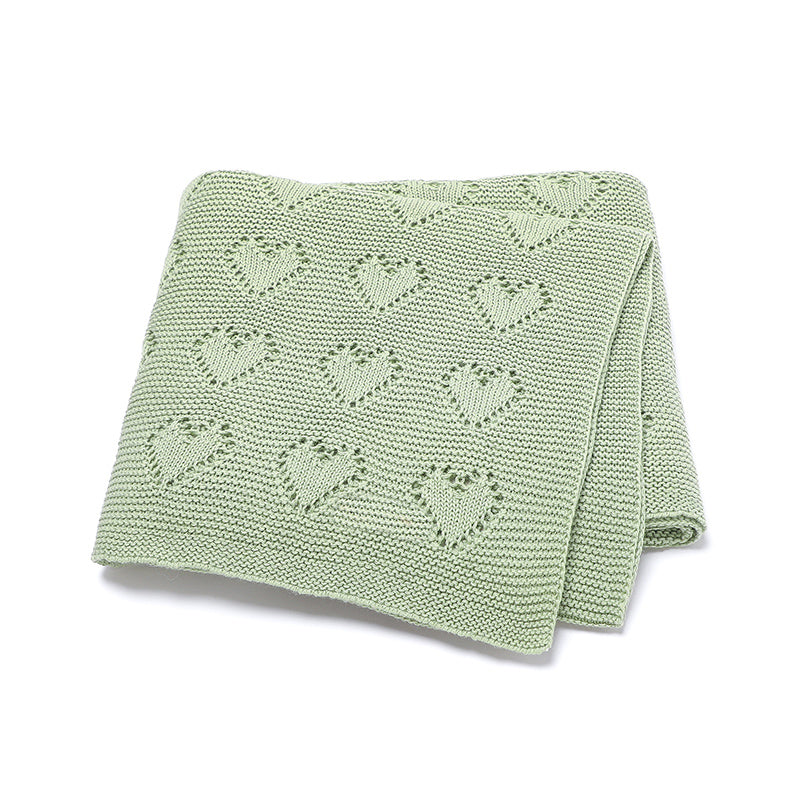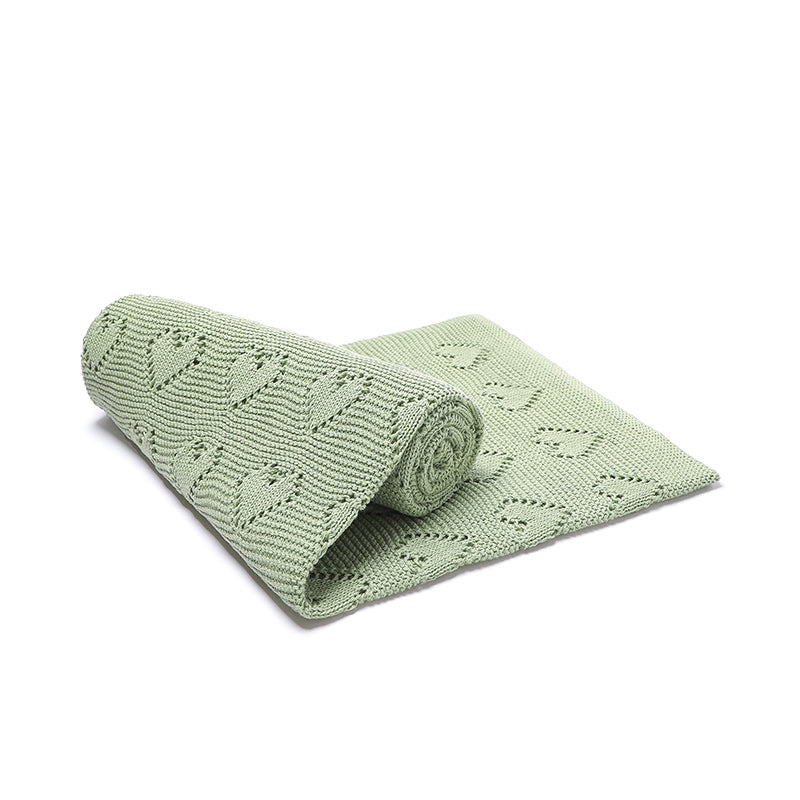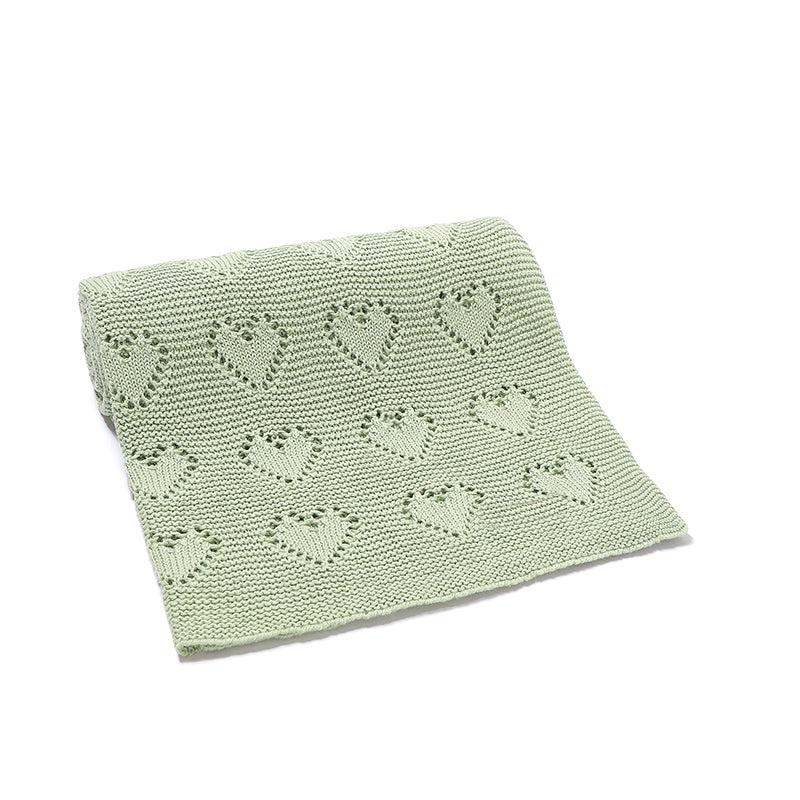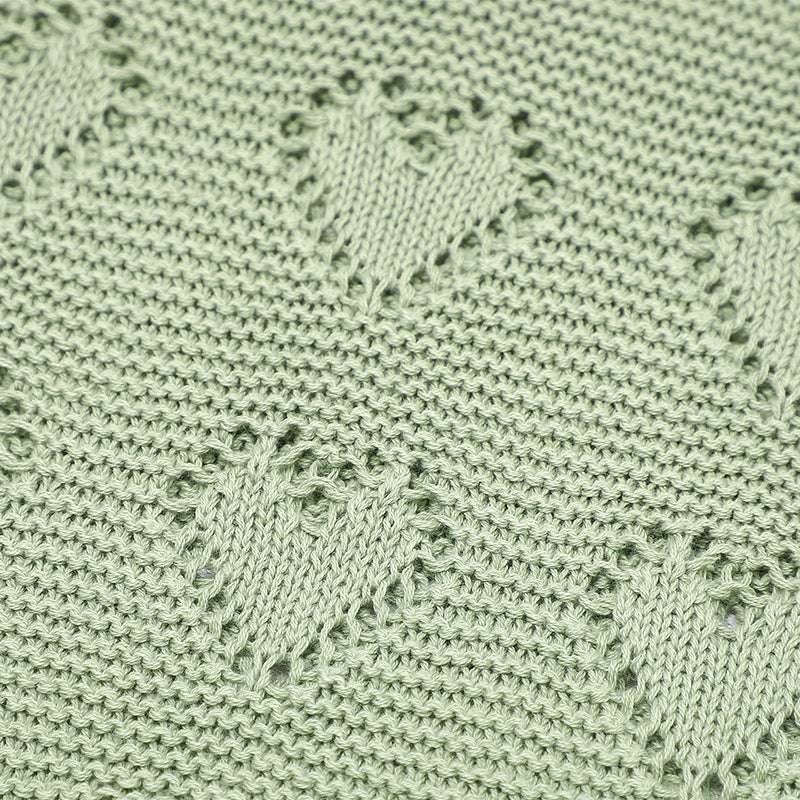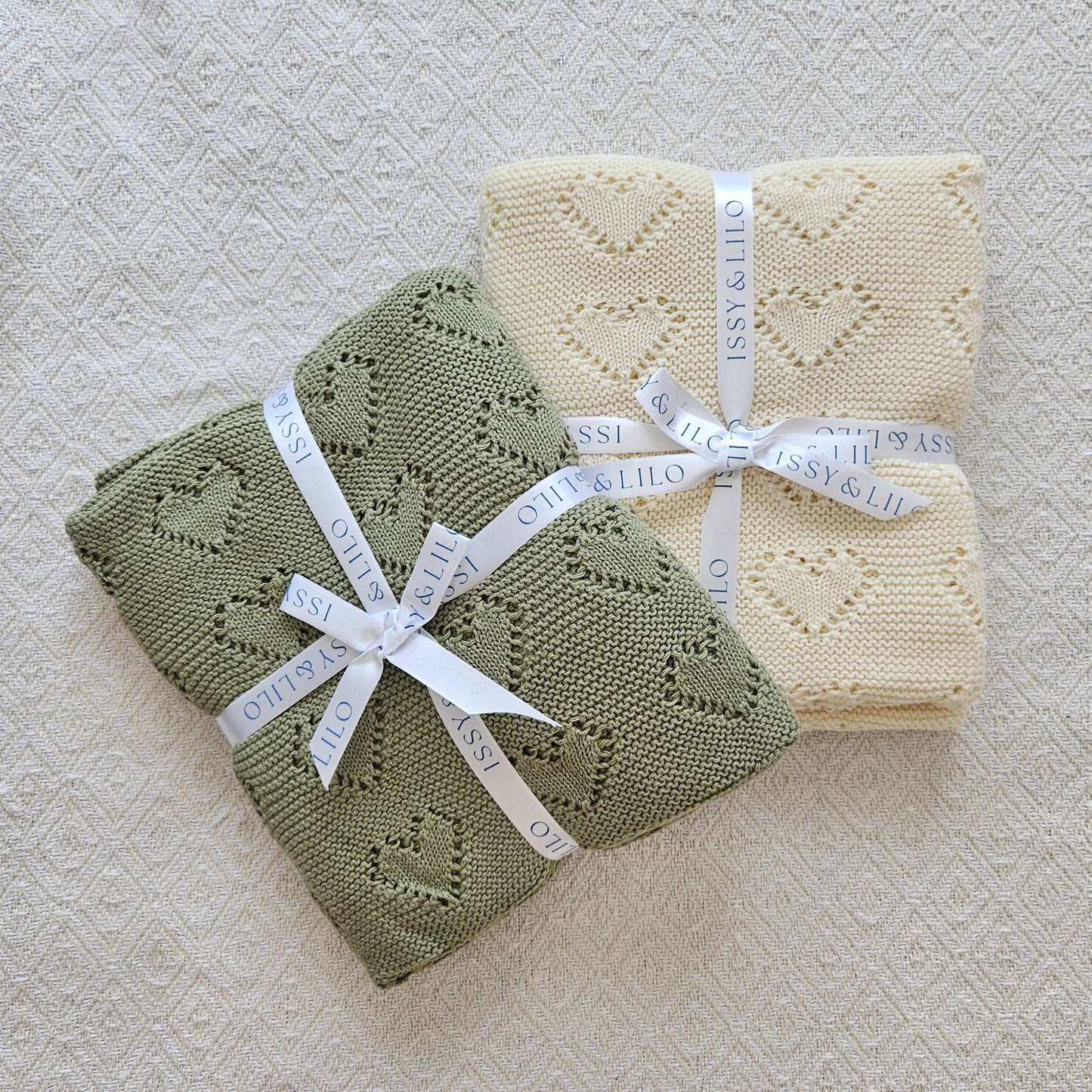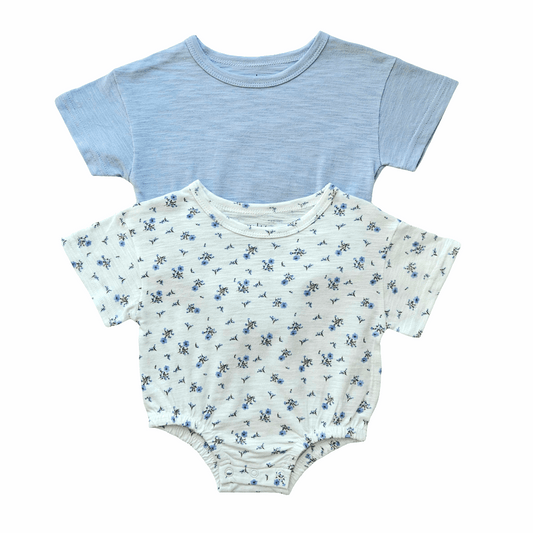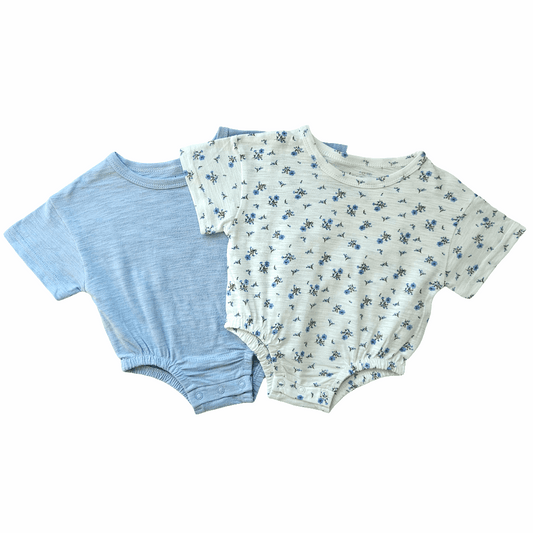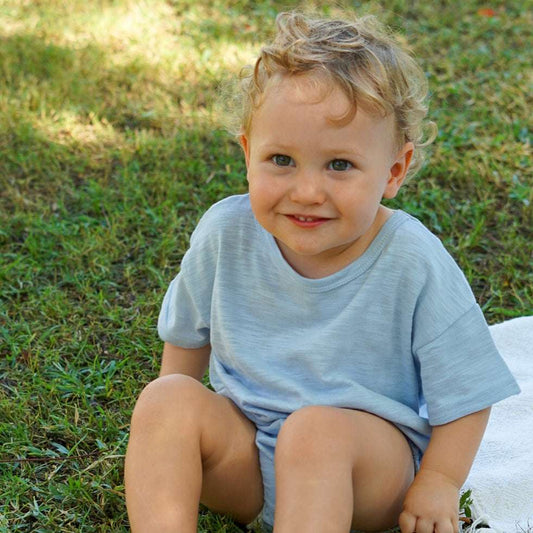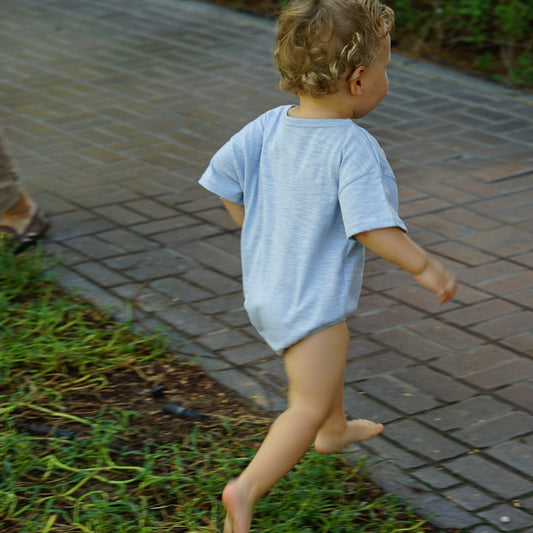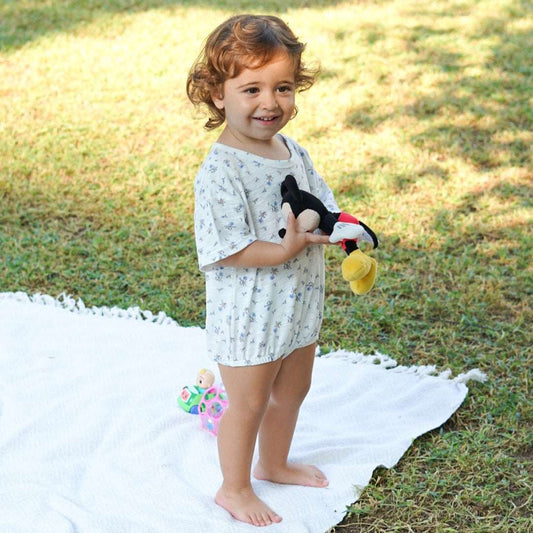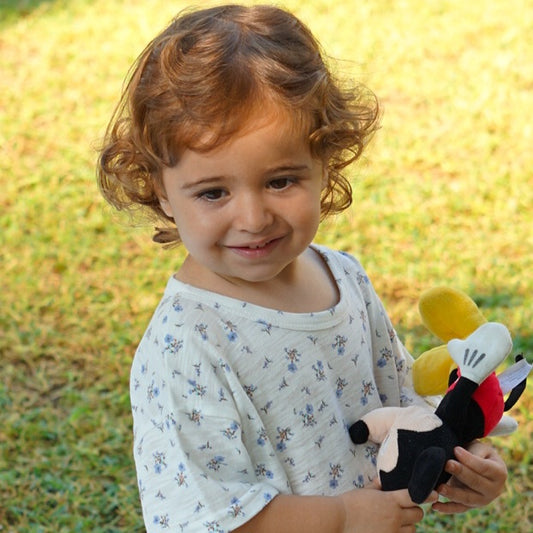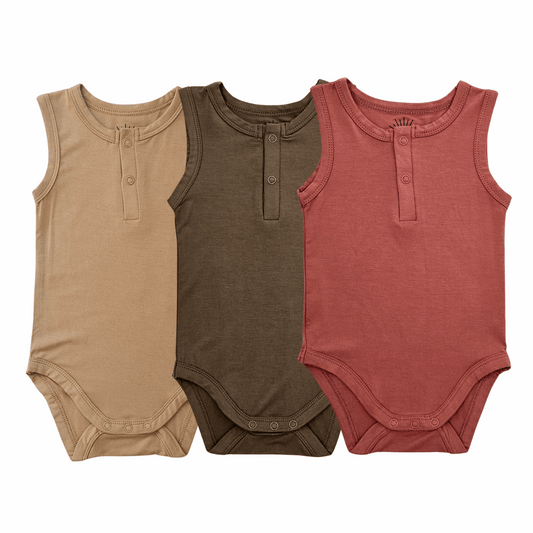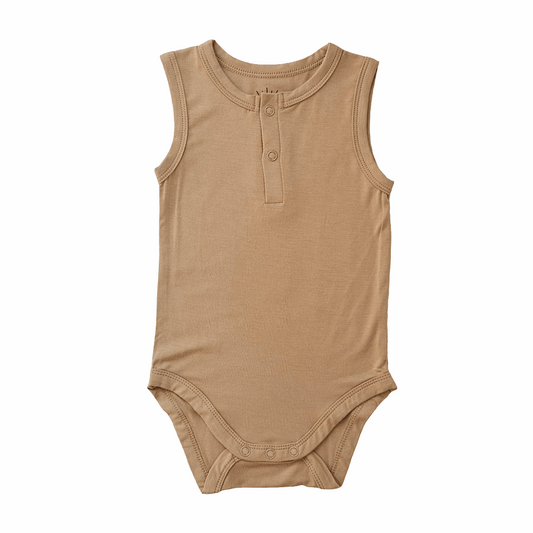The first year of your baby’s life is a time of rapid growth and incredible milestones. From their first smile to their first steps, every achievement is a precious moment that showcases your baby’s development. While every baby grows at their own pace, understanding what milestones to expect and how to support your baby’s growth can make the journey even more rewarding.
In this blog post, we’ll outline key developmental milestones during your baby’s first year, what you can do to encourage their progress, and how to navigate challenges with confidence.
The Wonder of the First Year
Watching your baby grow is one of the most exciting parts of parenthood. The first year is filled with “firsts”—rolling over, sitting up, crawling, and walking. While some milestones may happen sooner or later than expected, they’re all a testament to your baby’s unique development.
Let’s take a closer look at the developmental stages and practical ways to support your baby along the way.
1. Newborn Stage (0-3 Months): Adjusting to the World
During the first three months, your baby is adapting to life outside the womb. This stage is all about developing basic reflexes and starting to explore their senses.
Milestones to Expect:
• Lifting Their Head: Around 1-2 months, your baby may start to lift their head during tummy time.
• Tracking Objects: By 3 months, they can follow objects with their eyes.
• Smiling: The first smile often happens around 6-8 weeks and melts every parent’s heart.
How to Support Your Baby:
• Incorporate tummy time to strengthen neck and shoulder muscles.
• Use contrasting toys or playmats to stimulate their vision.
• Dress them in comfortable bamboo rompers to keep them cozy while they explore their surroundings.
2. Infant Stage (4-6 Months): Building Strength
As your baby’s muscles grow stronger, they’ll become more interactive and curious about the world around them.
Milestones to Expect:
• Rolling Over: Most babies start rolling over around 4-5 months.
• Reaching and Grasping: Your baby will begin to reach for toys and grab them.
• Sitting Up: By 6 months, many babies can sit up with or without support.
How to Support Your Baby:
• Provide toys that are easy to grasp, such as infant accessories like soft rattles or teething rings.
• Offer plenty of playtime on a soft surface, like a playmat, to encourage movement.
• Engage with your baby using gentle words and smiles to build their social skills.
3. Transitional Stage (7-9 Months): Exploring Mobility
Between 7-9 months, your baby will start exploring their environment in new and exciting ways.
Milestones to Expect:
• Crawling: Some babies begin crawling or scooting during this stage.
• Pulling to Stand: Around 8-9 months, they may start pulling themselves up using furniture.
• Babbling: Your baby may begin experimenting with sounds, paving the way for their first words.
How to Support Your Baby:
• Babyproof your home to create a safe space for exploration.
• Encourage crawling by placing toys just out of reach.
• Use bamboo washcloths or soft blankets for comfort during playtime and rest.
4. Toddler Stage (10-12 Months): Taking First Steps
As your baby approaches their first birthday, they’ll gain confidence in their mobility and communication skills.
Milestones to Expect:
• First Steps: Many babies take their first steps between 10-12 months.
• Pincer Grasp: Your baby will develop the ability to pick up small objects with their thumb and forefinger.
• First Words: Simple words like “mama” or “dada” may emerge.
How to Support Your Baby:
• Offer sturdy furniture or walking toys to help them practice standing and walking.
• Encourage language development by reading books and talking to your baby regularly.
• Dress them in breathable organic cotton newborn clothes to keep them comfortable as they move.
5. Navigating Variations in Milestones
It’s important to remember that every baby is unique. While developmental charts provide general timelines, some babies may reach milestones earlier or later than expected. Here’s what to keep in mind:
• Trust Your Instincts: If you’re concerned about your baby’s development, consult your pediatrician for reassurance and guidance.
• Celebrate Progress: Focus on what your baby is learning rather than comparing them to others.
• Adapt to Their Needs: Adjust your support and encouragement based on your baby’s pace and personality.
6. Tools and Tips to Support Development
Equipping yourself with the right tools can make a big difference in supporting your baby’s milestones:
• Playmats: Provide a safe and soft space for tummy time and crawling.
• Headbands for Newborns: Keep your baby’s hair out of their eyes during playtime.
• Pacifier Clips: Keep pacifiers within reach to soothe your baby during new challenges.
• Bamboo Pajamas: Ensure your baby stays comfortable during naps and bedtime.
Celebrating Every Moment
The first year of your baby’s life is filled with incredible growth and learning. From their first smile to their first steps, each milestone is a reason to celebrate. By understanding what to expect and how to support your baby’s development, you can enjoy this journey with confidence and joy.
At Issy & Lilo, we’re here to make parenting easier with high-quality baby essentials like bamboo rompers, organic cotton newborn clothes, and playmats designed to keep your baby safe and comfortable as they grow. Explore our collection and make every milestone even more memorable.



